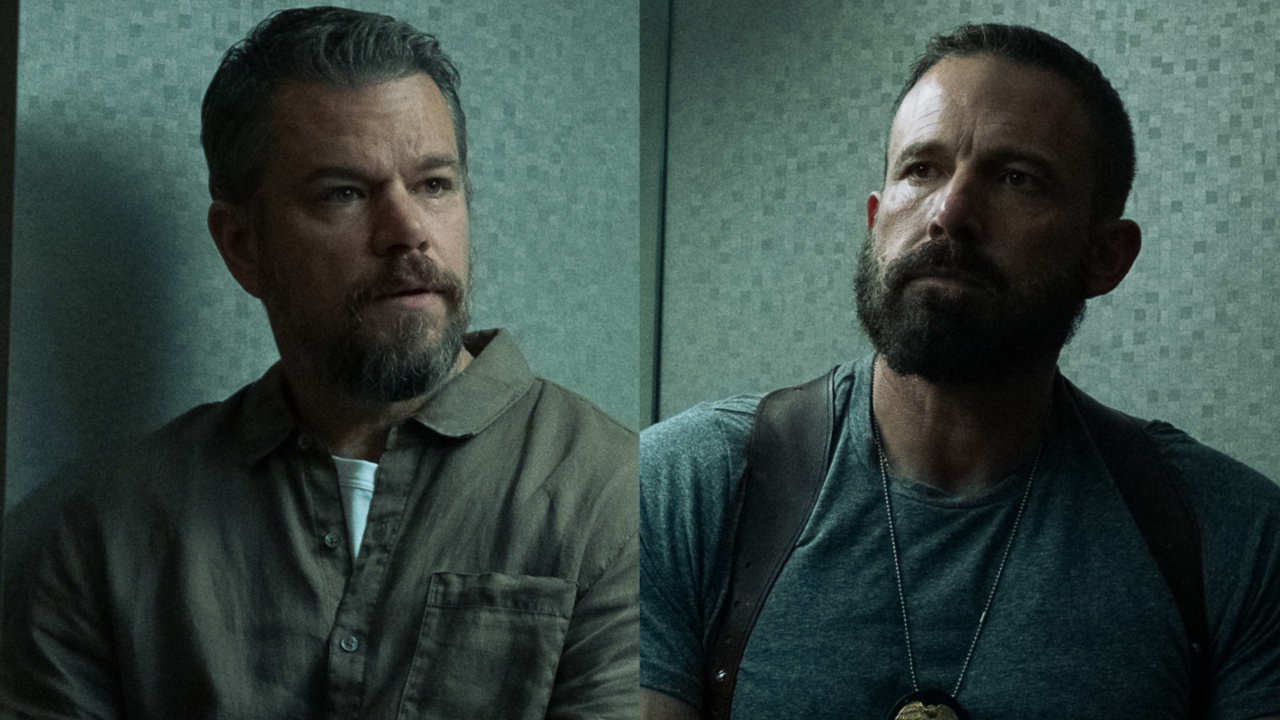How Ted Lasso Does A Tremendous Job Of Discussing Mental Health
The Apple TV+ original does not shy away from difficult topics.
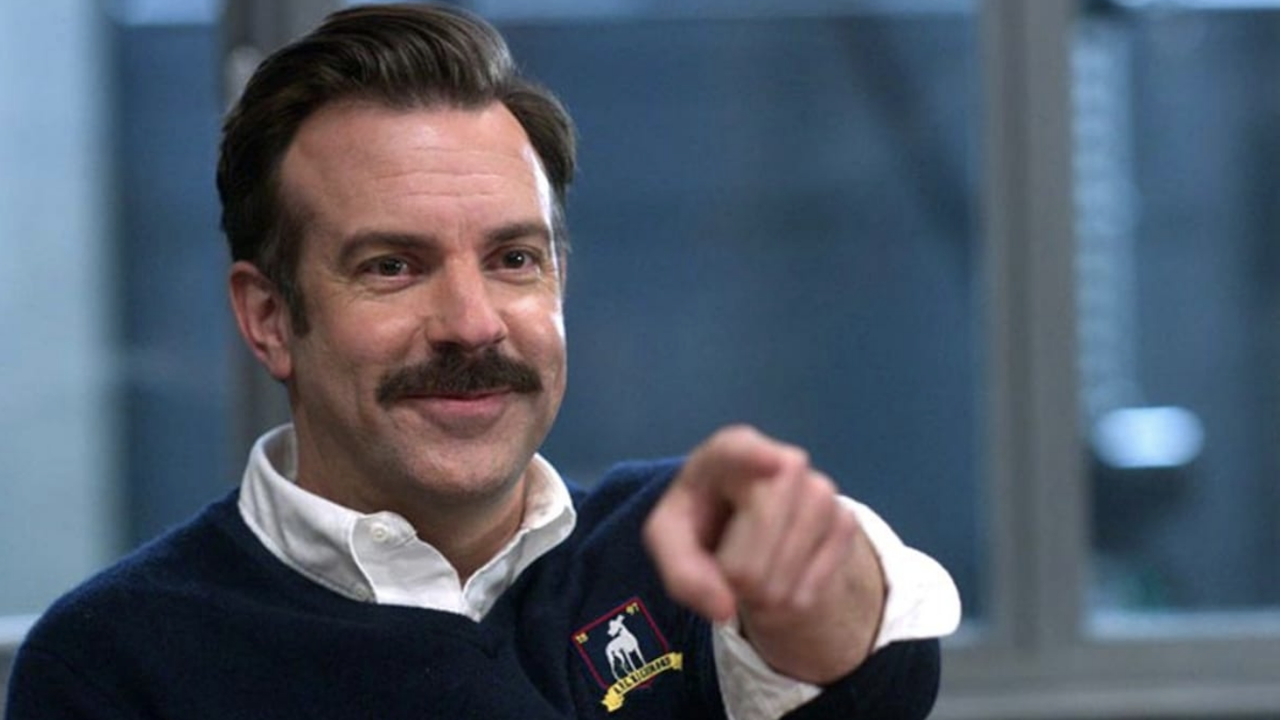
Since its debut in August 2020, Ted Lasso has not only been one of the best shows on Apple TV+, it has been one of the best shows on TV in years. The wholesome series about Jason Sudeikis’ fish-out-of-water American football coach as he leads an English football club has always found the perfect balance between comedy and drama that showcases the highs and lows of professional sports.
In the past, we’ve gushed about the show’s best friendships, its three-dimensional and relatable characters, and just about everything else under the sun, but now it’s time to discuss one aspect of the show that is one of its strong suits: mental health.
Over the course of the first two seasons, and now viewers can watch Ted Lasso Season 3 in its final outing, the show has not only not shied away from discussing mental health, it has championed those discussions, which could end up being its lasting legacy. Allow me to explain…
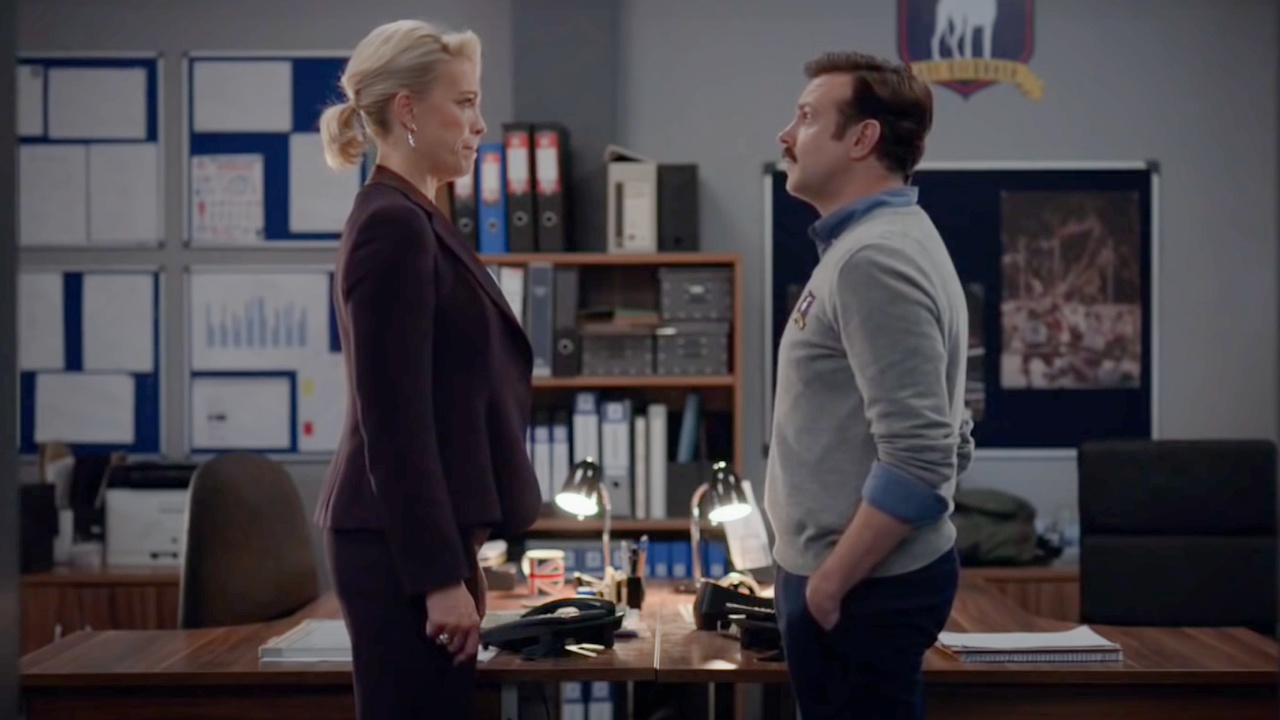
Ted Lasso Treats Panic Attacks With A Realness That Captures The Madness And Randomness Of Anxiety
Panic attacks have been a major part of Ted Lasso ever since the show’s early days, and the anxiety-induced moments have long added a great deal of depth to Bill Lawrence’s Emmy-winning series. Multiple times over the course of the first two-plus seasons, Jason Sudeikis’ normally upbeat and cheerful American in London has gone through some traumatic, and sometimes embarrassing, panic attacks at the worst possible times. They may seem like the perfect time for the story the show is telling, but these scenes also capture the madness and randomness of panic attacks and anxiety in general.
I, personally, have had my fair share of panic attacks over the years, including the time I thought I was having a heart attack and the multiple occasions where I just dropped off the face of the planet (like my spring 2011 school semester). Watching the show has been therapeutic in the sense that it argues that panic attacks aren’t some strange anomaly I should be ashamed of, but more so a symptom of another problem that isn’t exclusive to one, two, or a handful of people.
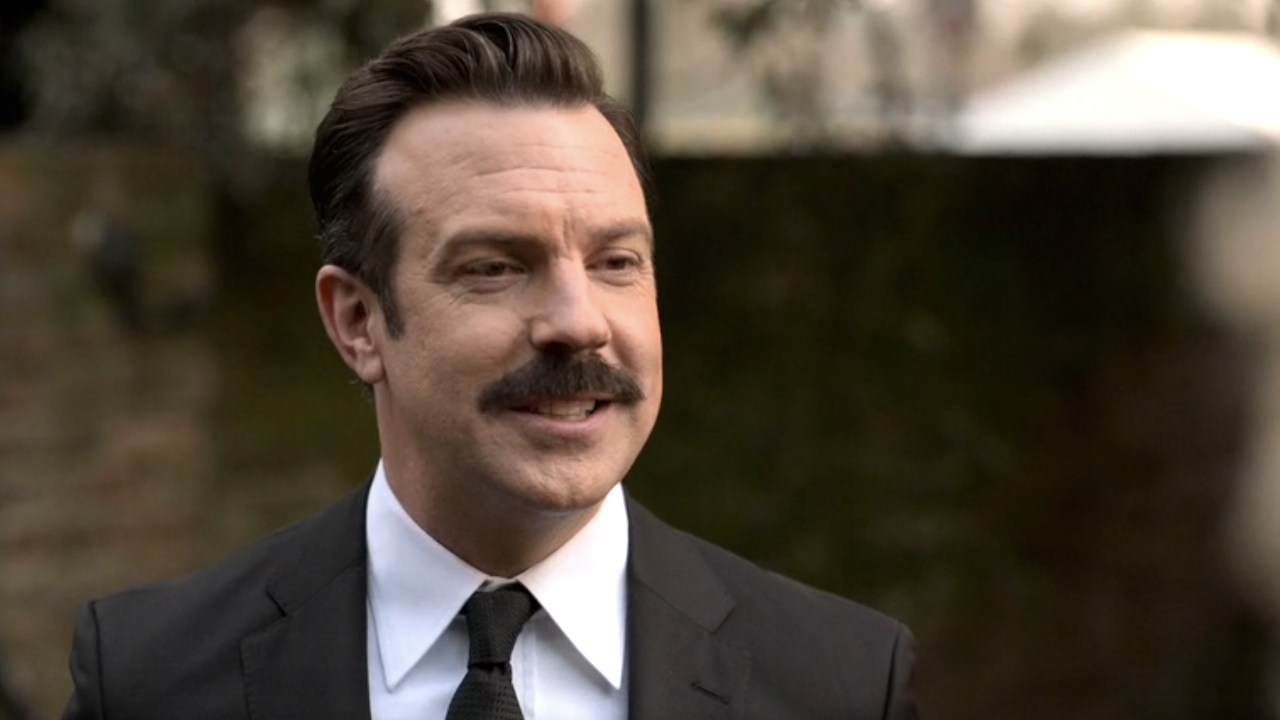
Ted Lasso Also Perfectly Captures What It Is Like To Live With Depression
Living with depression is not always fun, but it doesn’t always have to be the gloom and doom variety, and Ted Lasso does an amazing job of showing this through the titular character’s constant struggles, while still somewhat holding his shit together.
On one hand, Ted is facing some serious personal drama, whether it be the dissolution of his marriage and being away from his son, or his treatment by football players, media, fans, and just about everyone else from time to time. But, at the same time, he runs a team that’s not all that terrible, serves as an inspiration for his players and club staff, and is always there with a great one-liner or unconventional word of wisdom.
Your Daily Blend of Entertainment News
However, there are these subtle moments, like the final scene in the Season 3 episode “(I Don’t Want to Go to) Chelsea,” where Lasso’s signature smile is washed away by a wave of sadness, providing a real and honest depiction of life with depression.
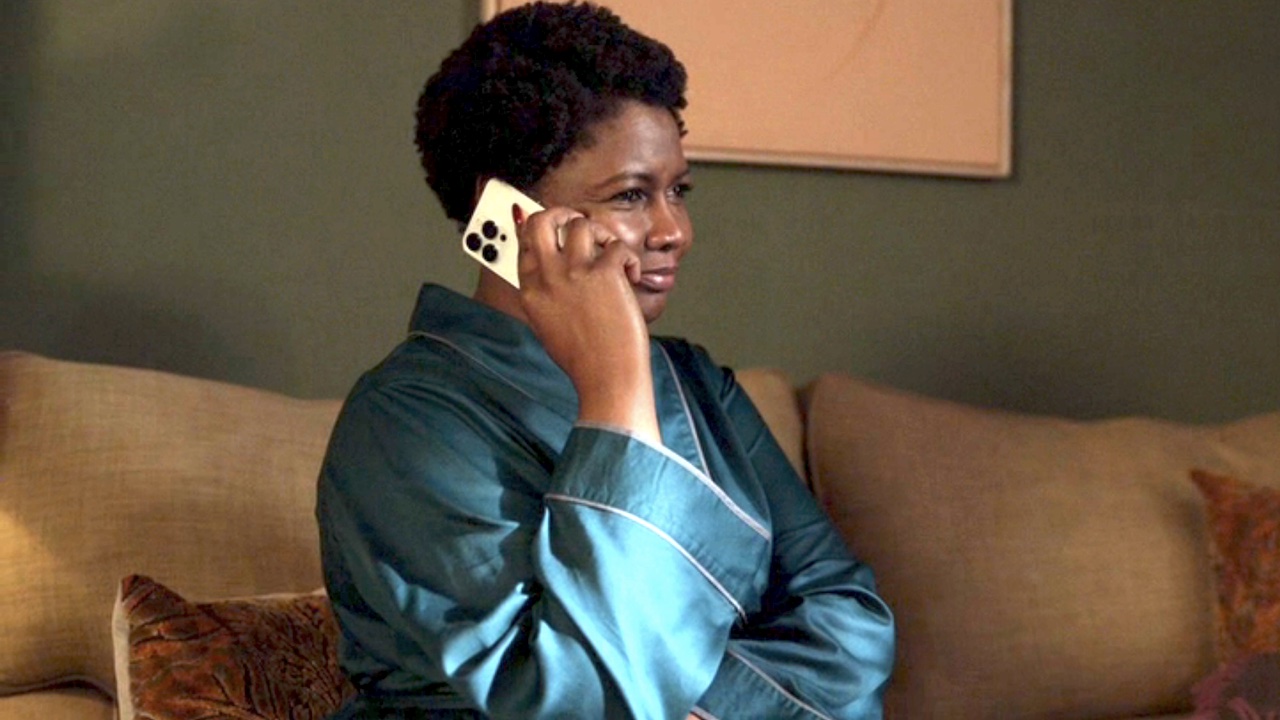
The Series Consistently Shows The Positive Impact Of Therapy
Therapy works. I know people say that all the time, but it’s the truth. While I don’t visit a therapist all the time, there have been multiple instances in my life where I have attended weekly or bi-weekly therapy sessions to get a better grasp on my mental health or whatever is causing me to get out of sorts. And I just love that Ted Lasso consistently shows the positive impact of counseling.
The introduction of Dr. Sharon Fieldstone (Sarah Niles), AFC Richmond’s sports psychologist, was one of the best decisions the show has made so far, as it not only helped Ted and his players come to terms with their mental health and overcome some heavy issues, it also helped further break down the stigma that was once associated with speaking with a therapist. Everyone who opened up to Dr. Fieldstone – Dani Rojas (Cristo Fernandez) after accidentally killing Richmond’s mascot and Ted, to name only two – saw great results from their discussions, and were able to address their problems, or be set on a better path in the process.
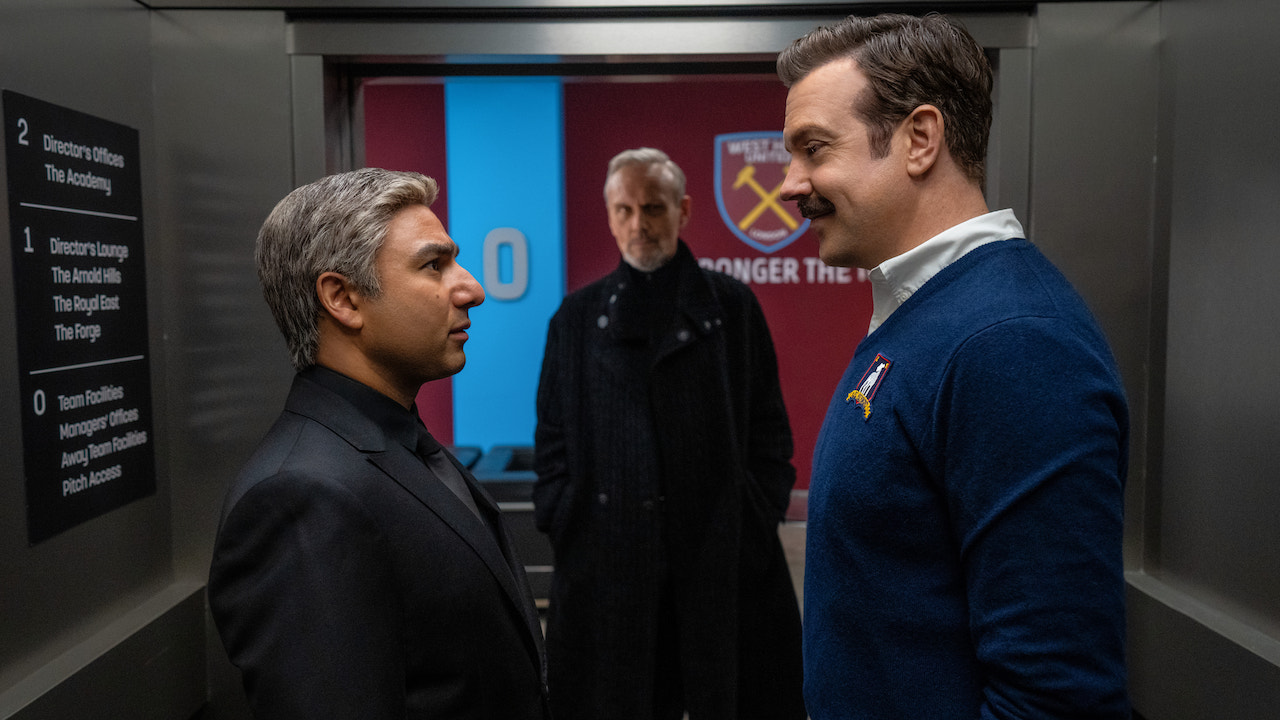
The Negative Impact Of Bottling Emotions And Old Trauma Is A Key Element Of Ted Lasso's Story
A lot of Ted mental health issues (depression, anxiety, crippling panic attacks) stem from his practice of bottling up his emotions and old trauma. The show does a tremendous job of discussing this aspect of mental health, and indirectly offers advice to those who need it without being heavy-handed or preachy, which is a feat that's easier said than done, if we’re being honest here.
This is evident in the Season 2 episode “Headspace” where Ted, full of pent-up rage, emotion, and bad memories, lashes out at Dr. Sharon during their therapy sessions, which does nothing but make his situation worse. This is also the case for Nate Shelley (Nick Mohammed), who, over the course of the second season holds onto the stern words of his father and the vitriol thrown his way on Twitter, bottling it up so much so it turns his hair gray prematurely.
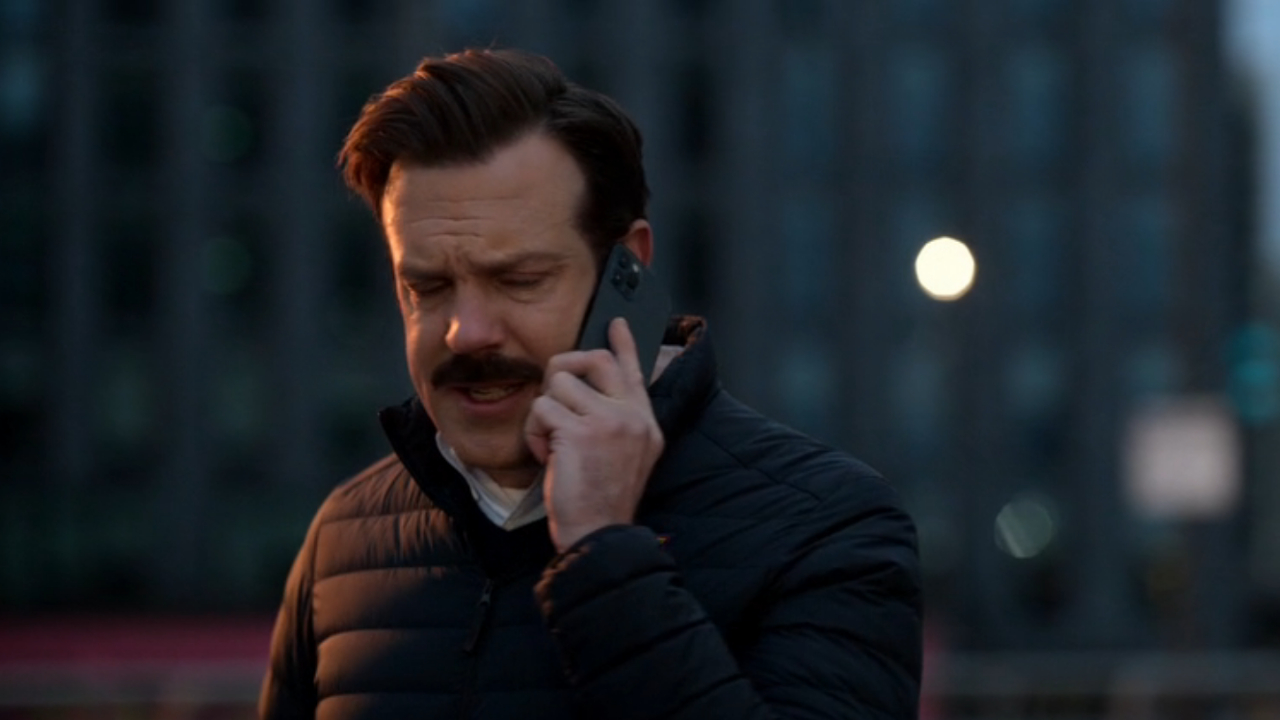
Ted Lasso Opening Up About His Father's Suicide Was An Incredibly Powerful Moment
There were a lot of breakthroughs in Ted Lasso Season 2, but the biggest has to be Ted finally opening up to Dr. Sharon about his father’s suicide during his emotional phone call in the “Man City” episode. Though the therapy session where he goes into all the details about how he discovered his father that fateful Friday the 13th decades earlier, the initial decision to open up was a monumental moment in the pair’s doctor-patient relationship, and more importantly, their friendship.
Like, the show didn’t really have to go there, but it did, and I applaud its creators and writers for that decision, as tough as it may have been. It wasn’t some cheap attempt to give the audience a better understanding of Ted and the contributing factors to his mental health issues, but instead something real, something earnest, and something incredibly honest.
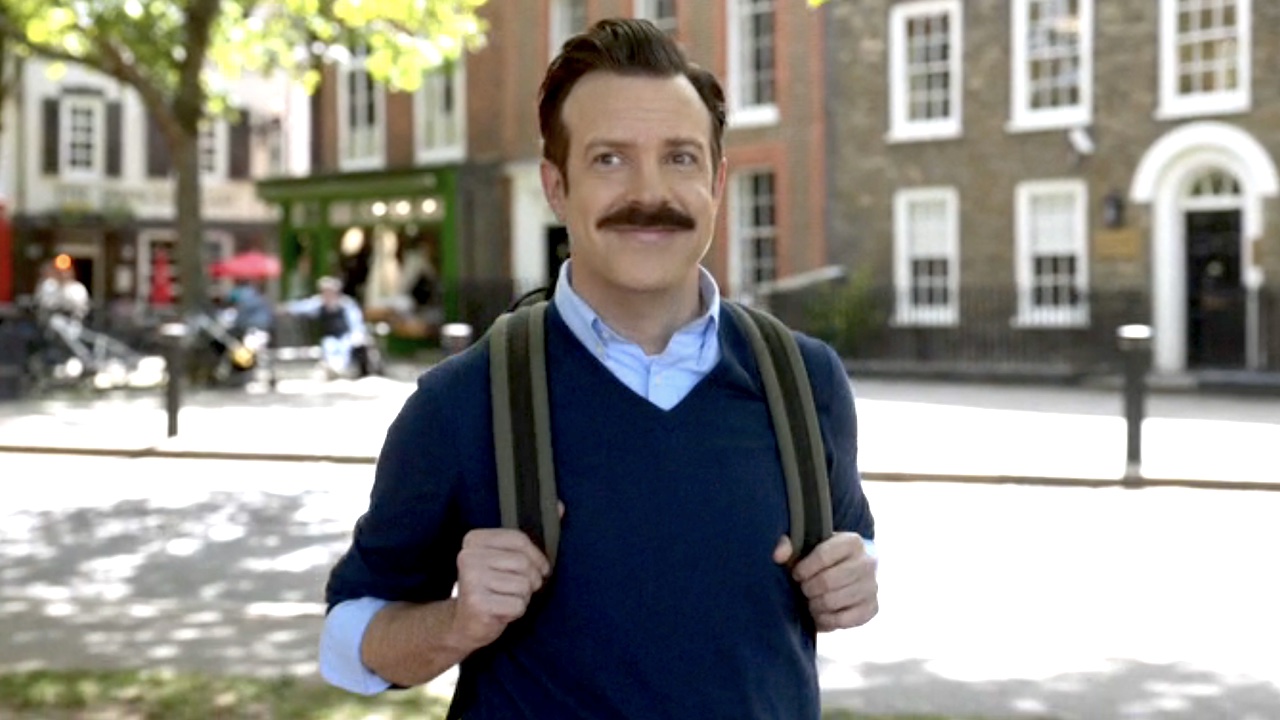
But Most Of All, Ted Lasso Is A Show That Offers Advice When It Comes To Improving Your Mental Health
The Ted Lasso Season 3 opener largely focused on how the various sports pundits felt about AFC Richmond’s chances after being promoted to the Premier League. As new West Ham coach Nate says multiple times throughout the episode, the press had Richmond in 20th place only because there was no 21. Coach Lasso, having seen how the bad press and stress of it all weighs down on his players, takes the team on a field trip to the London sewers and offers a great lesson about how they need to tune out the stuff they can’t control and play as a team.
That episode is about building team spirit and not letting the noise of the world distract you from your goals, but I can’t help but see it as a way of improving your mental health. Worry about what you can control, and spend less time on the factors that are out of your hands, or, feet, if we’re talking about football.
Overall, there are few shows that do a better job of discussing mental health issues than Ted Lasso, and we’ll long feel its impact even after the series wraps up on the 2023 TV schedule.
Stream Ted Lasso on Apple TV+.

Philip grew up in Louisiana (not New Orleans) before moving to St. Louis after graduating from Louisiana State University-Shreveport. When he's not writing about movies or television, Philip can be found being chased by his three kids, telling his dogs to stop barking at the mailman, or chatting about professional wrestling to his wife. Writing gigs with school newspapers, multiple daily newspapers, and other varied job experiences led him to this point where he actually gets to write about movies, shows, wrestling, and documentaries (which is a huge win in his eyes). If the stars properly align, he will talk about For Love Of The Game being the best baseball movie of all time.
